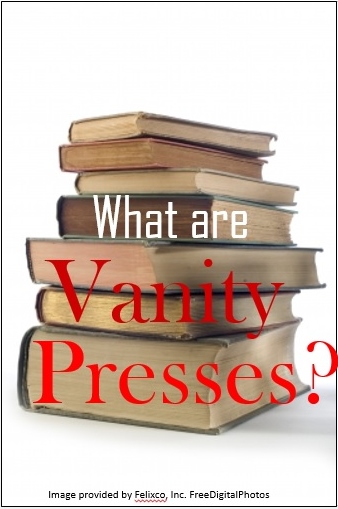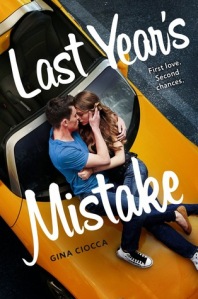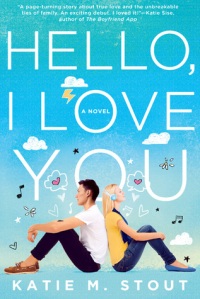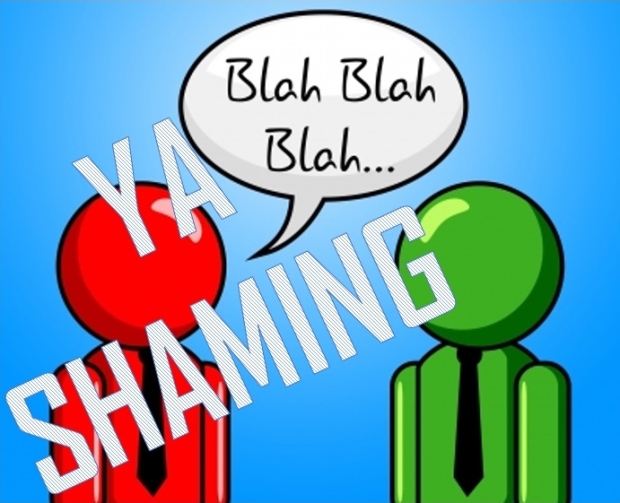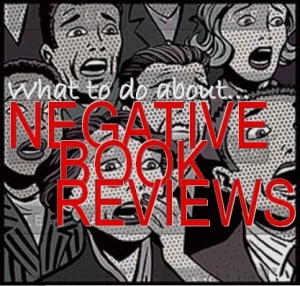Vanity presses. This is an interesting topic I’ve come across many, many times. I’ve talked with a lot of people about it and have had some experience encountering these types of companies. Often times aspiring writers don’t know the difference between a real publishing house (or print on demand service) and a vanity press. So I’m going to break it down for you.
How do I know whether it’s a vanity press? In other words, what is it?
First off, how do you know when you encounter a vanity press? It’s pretty simple. If the company is asking for money – and I mean a large sum, not just a few bucks to pay for an ISBN – it’s a vanity press.
A vanity press is, in short, a company that acts as a publisher but charges you (the author) a large amount of money to do this for you. I’m talking anywhere between a few hundred and a few thousand dollars. The packages vary. To give them credit, they do take care of editing, producing, cover designing, and marketing, but in a very limited way. Basically they do all these things that you as an author are perfectly capable of doing with a little bit of research.
A vanity press is not a publisher.
A vanity press is not really a publisher. They do all those things that publishers do (editing, marketing etc.) but in a much more limited way than an actual publisher can do them. And a real publisher will pay their authors, not the other way around.
A vanity press may seem like a nice and easy way to publish your book, but ultimately it’s not a good moneymaker at all. Think of it. How many successful authors have you heard of that have started with vanity presses? Self-published, sure, but not many successful vanity press authors are out there.
A vanity press is not a print on demand service.
Some writers lump vanity presses and self-publishing in the same category when in reality that’s a little bit too broad of a statement. Self-publishers do all those things on their own and they don’t spend thousands of dollars upfront on a company to do it for them. A print on demand service, such as Lulu, Createspace, or LighteningSource charge limited fees that only apply to things that would logically cost money. For instance, many authors are required to buy their own ISBN number depending on what they want. Also, if an author wants to buy copies of their books, it’ll cost them a few bucks a piece. That’s about it, aside from outside marketing costs once the book is published. A print on demand service is a much cheaper and smarter way to self-publish a novel.
So basically, I personally don’t think that vanity presses are ever a good option. I can see in some instances where it would make sense – maybe printing a few hundred books for a more limited and personal use without necessarily wanting to make money.
Overall, if you’re a serious writer wanting to make a career, don’t fall into the vanity press trap. And they do try to trap you. 😉 Early on in my career I had an offer from a vanity press. The contract and letter sounded so great and wonderful and they praised my book to the end of the earth and back. But at the end of the day, there was still that two thousand dollar sum that needed to be paid. So I passed. And good thing, too.
